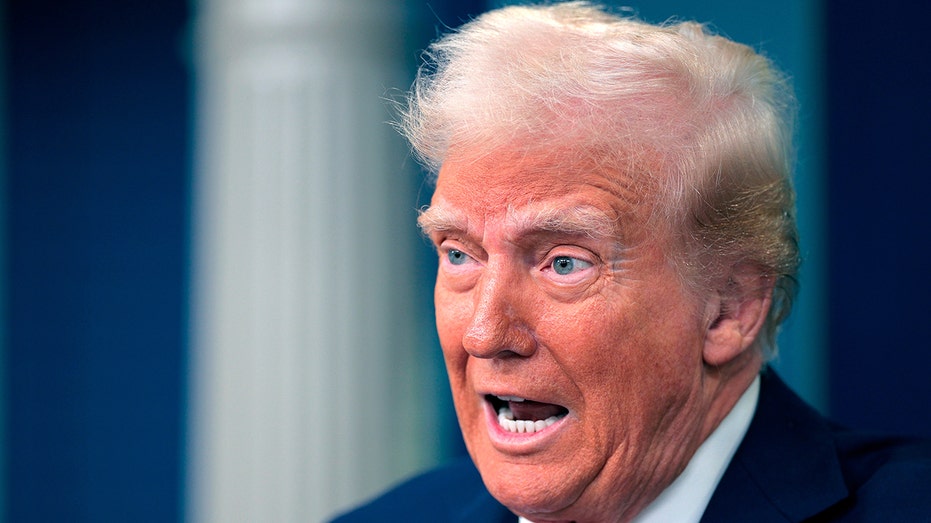President Donald Trump’s new tariffs include a provision that suspends a key trade loophole that Chinese retailers like Shein and Temu have utilized to expand their access to U.S. consumers and has been criticized for allowing shipments of fentanyl precursors to enter the country.
Trump’s executive orders imposing tariffs on China, Canada and Mexico effective Tuesday included language suspending the so-called “de minimis” loophole that allows shipments of imports valued at less than $800 to enter the U.S. without duties and taxes from those three countries. Trump on Monday paused tariffs on Mexico for one month after the country’s president, Claudia Sheinbaum, agreed to send 10,000 troops to the U.S.-Mexico border.
The de minimis rule reduces administrative burdens on low-cost imports. In 2015, the Obama administration lifted the waiver threshold from $200 to the current $800 – which resulted in shipments claiming the de minimis waiver increasing by over 600% in the last decade to more than 1 billion items in fiscal year 2023, according to data from U.S. Customs and Border Protection (CBP).
Chinese e-commerce giants Shein and Temu have seen rapid growth in the U.S. market through de minimis shipments of fast fashion, toys and other consumer goods to cost-conscious consumers. A report by the Congressional Research Service (CRS) noted that Shein and Temu combined to comprise about 17% of the U.S. discount market as of November 2023.
PRESSURE FROM SHEIN, TEMU ACCELERATE RETAIL CLOSURES
The rise of Shein and Temu has contributed to an increase in U.S. retail store closures, according to a report by Coresight Research. It estimated that about 15,000 closures will occur in 2025 after there were 7,323 closures in 2024 – which was the highest number of closures since 2020, when nearly 10,000 stores shut down.
The reduced scrutiny of de minimis shipments has also been linked to the smuggling of fentanyl, a synthetic opioid that killed nearly 75,000 people in 2023.
An investigation by Reuters reporters last year found that they were able to use the de minimis loophole to import the main precursor chemicals for at least 3 million fentanyl tablets due to overseas shippers intentionally mislabeling the packages as electronics.
LAWMAKERS WARN CHINESE E-COMMERCE APPS MAY HELP AVOID ENFORCEMENT OF ANTI-FORCED LABOR LAWS

“The flow of illicit drugs like fentanyl to the United States through both illicit distribution networks and international mail – due, in the case of the latter, to the existing administrative exemption from duty and taxes, also known as de minimis,” Trump’s tariff order on Canada said.
Issues with the de minimis loophole have drawn the attention of Congress and previous administrations.
Earlier this month, the outgoing Biden administration proposed a rule that would eliminate de minimis treatment of goods from China that are subject to tariffs, while also requiring shippers to include 10-digit tariff codes on packages to make it easier for customs officials to identify and interdict illicit goods.
Lawmakers have also raised concerns that the loophole allowed Chinese companies to ship products using the de minimis loophole and evade scrutiny under the Uyghur Forced Labor Protection Act (UFLPA). That law aims to prevent goods made by the forced labor of Uyghurs, a Muslim minority persecuted by the Chinese Communist Party, from entering the U.S. market.
Reuters contributed to this report.
Read the full article here











